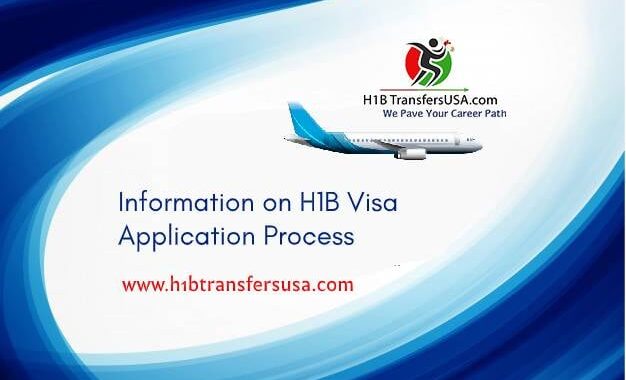View: Are H-1B programmers “normally” professional?
3 min read
H-1B programmers: The US government says there is a distinction between the words: normally, usually, and typically. The courts oppose this idea.
Government offices everywhere in the world are guilty of exalting bureaucracy over common sense to some extent. But, nowhere is this more clear than in the too-often experienced bizarre interpretation of its laws by the US Immigration and Naturalization Service (USCIS). A new case that examined such an interpretation is illustrative.
For a case decided by a federal court of appeals on December 16, 2020. The court declined to favor the USCIS in its holding that “programmers” as a profession don’t require at least a bachelor’s degree. The degree of necessity is significant because an H-1B visa is available. Only if the profession of an offered job requires a specific bachelor’s degree (for instance specifically in computer science, not just science).
There is no contest that the law does mandate that for a profession to qualify for H-1B classification. A degree should be required yet the court was inspecting whether such a degree should consistently be required. Or is it sufficient that a degree is “normally” required?
H-1B Programmers
The H-1B employer, Innova Solutions, Inc., needed to hire as a computer programmer an Indian resident who had the necessary degree. They appealed to for an H-1B visa for his benefit. The USCIS denied the petition. It held that the profession of H1B programmers is ineligible for H-1B visas. Because the US Department of Labor information shows just that most computer programmers have a bachelor’s degree in computer science or a related subject. Therefore, not all H-1B programmers should have the required degree.
The Department of Labor information that the USCIS depended upon is contained in a publication called the Occupational Outlook Handbook (OOH). Which is supposed to be a comprehensive compendium and reference source for US jobs. Unfortunately for all partners, the OOH is woefully incomplete. For example, the OOH, to this day, does not describe the occupation of Data Science. An occupation that has been well recognized for longer than 10 years.
In its refusal and ensuing court proceedings, the USCIS contended two main points. First, the degree requirement should apply to all developers. They contended this point quoting from the language of the regulations. That a bachelor’s degree is the “typical level of education that most” computer programmers need. The USCIS reasoned that “the OOH doesn’t express that at least a bachelor’s degree or its equivalent in a specific specialty is normally the minimum required.” Second, the words “commonly” and “ordinarily” (also “typically”) carry various meanings and connotations.
The words of the Court of Appeals best summarize their disdain for the USCIS position on both arguments:
First, the court said, “normal” is not synonymous with “always:”
“Normally doesn’t mean always. See Normally, Cambridge Dictionary (2019), (defining “normally” as “usually or regularly” and “usually, or in most cases.”… While offices are qualified for reverence in deciphering their equivocal guidelines, these regulations are not ambiguous and deference to such an implausible interpretation is unwarranted.”
Second, the words “typical” and “normal” are synonymous:
There is no daylight between commonly required, per the OOH, and normally required, per the regulatory criteria. “Normally” and “typically” are equivalent words. Normally, Merriam-Webster Thesaurus. The Supreme Court utilizes these words conversely in a similar sentence. We do as well. So does the United States Solicitor General. And so does the federal government.
[Optional Practical Training Program for F-1 students (OPT) Is Not Illegal, Judge Rules]
From a common-sense perspective, it is disturbing that an H-1B expert’s career and life should depend upon nuances of the English language rather than his or her professional accomplishments. It is even more alarming that to avail itself of the services of a needed programmer. A US employer would need to battle their way through two levels of the federal court system. This process is neither cheap nor expeditious.
We, who practice immigration law, and the individuals who need its appropriate application, continually deal with federal agencies who are offbeat, inconsistent, and regularly absurd. The abnormal for us is normal, typical, and common.






